Tory leadership candidates on LGBTQ+ rights: Where all four runners stand
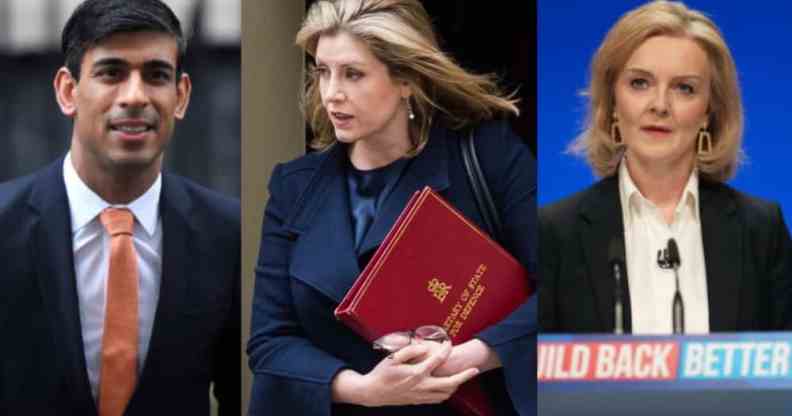
Rishi Sunak (L) and Liz Truss (R) are among the most senior Tories to run for the Conservative Party leadership, while Penny Mordaunt (C) is emerging as most popular among Tory voters in polls. (Christopher Furlong/Peter Summers/WIktor Szymanowicz/Getty)
Britain’s next prime minister has a low bar to clear when taking over from Boris Johnson on equalities. Here’s where the Tory leadership candidate stand on LGBTQ+ rights.
The candidates running for Tory leadership range from relatively unknown to figures to those who have dominated political discourse in the UK in recent years.
Most have had something to say when it comes to the increasingly thorny issue of LGBTQ+ rights. Some have repeatedly spoken out against trans rights, while others have actively halted much-needed legislative reforms that would have benefited the community.
As the Tory leadership race continues to gather pace, we take a look at the six candidates still in the running and assess their LGBTQ+ track record.
The race is gradually starting to narrow after 11 candidates initially announced their intention to run for the Tory leadership. Since then, Sajid Javid, Grant Shapps and Backbencher Rehman Chishti have dropped out, while Jeremy Hunt and Nadhim Zahawi were knocked out in the first round of voting on Wednesday (13 July).
Suella Braverman, the attorney general who thinks gender dysphoria is spreading by “social contagion” in schools, was knocked out of the race in the second round of voting on Thursday (14 July), while Tom Tugendhat lost his spot in a vote on Monday (18 July).
PinkNews will update this article as the Conservative Party edges closer to selecting its new leader.
1. Kemi Badenoch
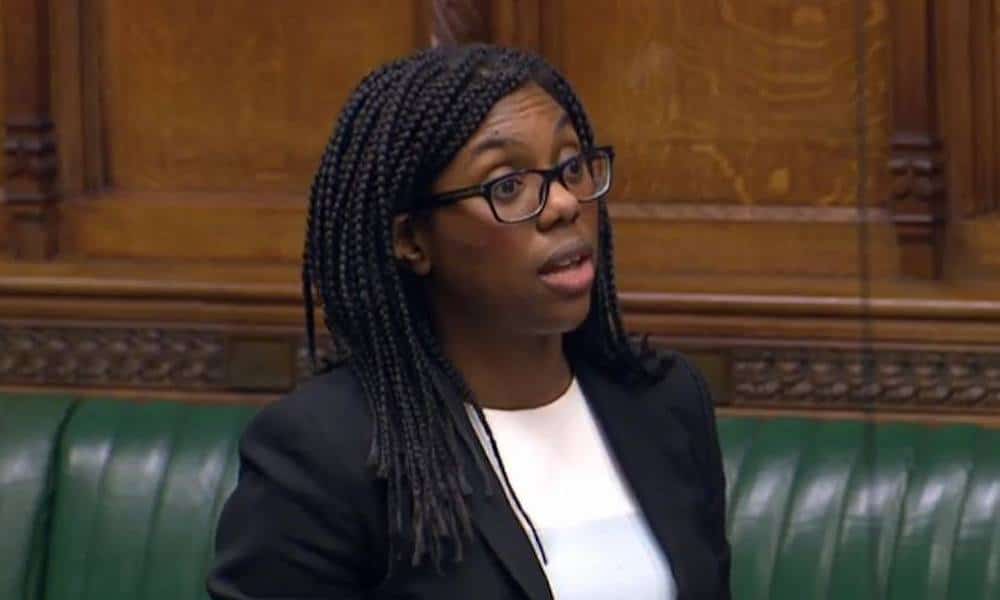
Equalities minister Kemi Badenoch. (Facebook/ Kemi Badenoch MP)
Kemi Badenoch served as junior equalities minister from 2020 until 6 July, when she join an en masse resignation from Johnson’s government, but she did little to advance LGBTQ+ rights in that time.
During her tenure, the Equalities Office dithered and delayed on conversion therapy legislation. In the background, she secretly met with the LGB Alliance, an organisation which campaigns against trans rights, and she was allegedly instrumental in setting up a meeting between government officials and an organisation that advocates for conversion therapy.
Elsewhere, Badenoch jumped to the defence of former Sussex University professor Kathleen Stock, who resigned her position after students protested her “gender critical” views. Badenoch said Stock was “probably in step with the majority of the population”.
Launching her campaign, Badenoch described herself as a “nimble, centre-right candidate” who will “tell the truth” to the people of the UK.
She also defended Britain against claims that it is “oppressive to minorities”, saying the country simply “enforces its own borders”.
2. Penny Mordaunt
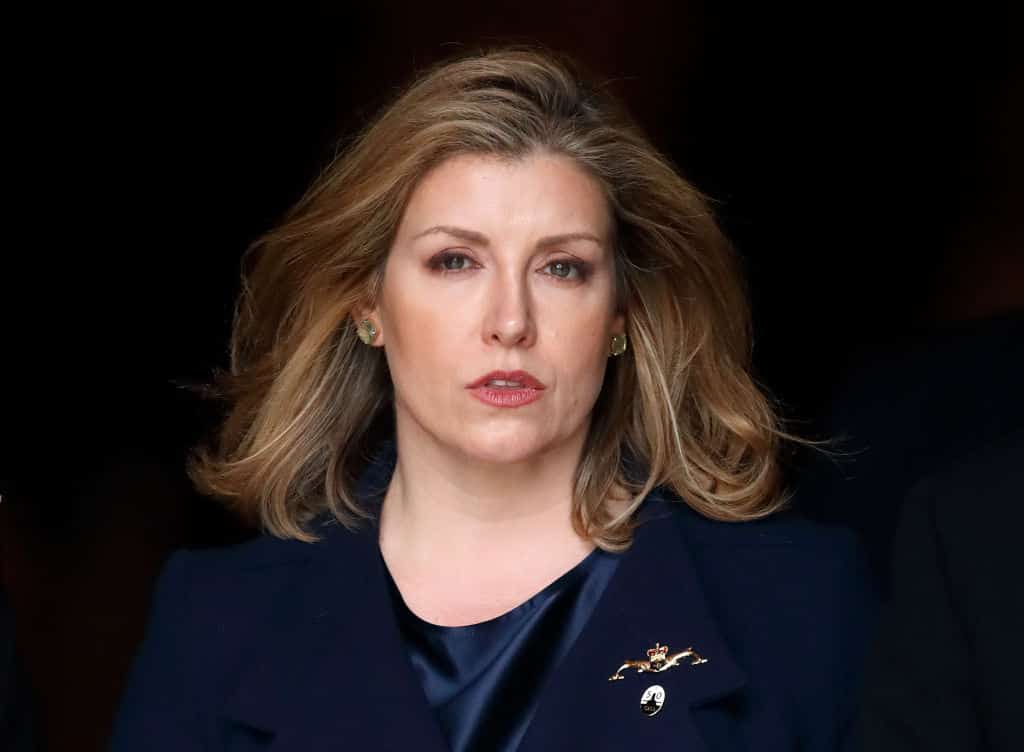
Penny Mordaunt attends a service to recognise fifty years of continuous deterrent at sea at Westminster Abbey on May 3, 2019 in London. (Max Mumby/Indigo/Getty)
Just months ago, Penny Mordaunt seemed like the only potential Conservative leader who could advance and champion LGBTQ+ rights.
During her time as equalities minister, between 2018 and 2019, Mordaunt oversaw a public consultation on the Gender Recognition Act (GRA). That consultation showed strong support for reform that would streamline the process, but it wasn’t to be – planned changes were later scrapped when Liz Truss took over the post.
In 2020, Mordaunt said seeing the prejudice her gay twin brother James faced when he came out as gay in the 1980s inspired her to become an ally.
“I see a direct parallel between what he went through and what the trans community are going through today, which is why I think it is really important that we show our support at every opportunity,” she said at the time.
That all changed when Mordaunt launched her leadership bid, following Johnson’s resignation. In a lengthy Twitter thread, the MP answered the question: “Do I know what a woman is?”
She spoke out about her opposition to the “trans orthodoxy”, saying biology is “overwhelmingly important” when it comes to trans inclusion in sport. She also said that, while trans women can be declared legally female, “that DOES NOT mean they are biological women, like me”.
Mordaunt was widely condemned by LGBTQ+ activists for her comments, and immediately lost a wave of support within the community.
3. Rishi Sunak
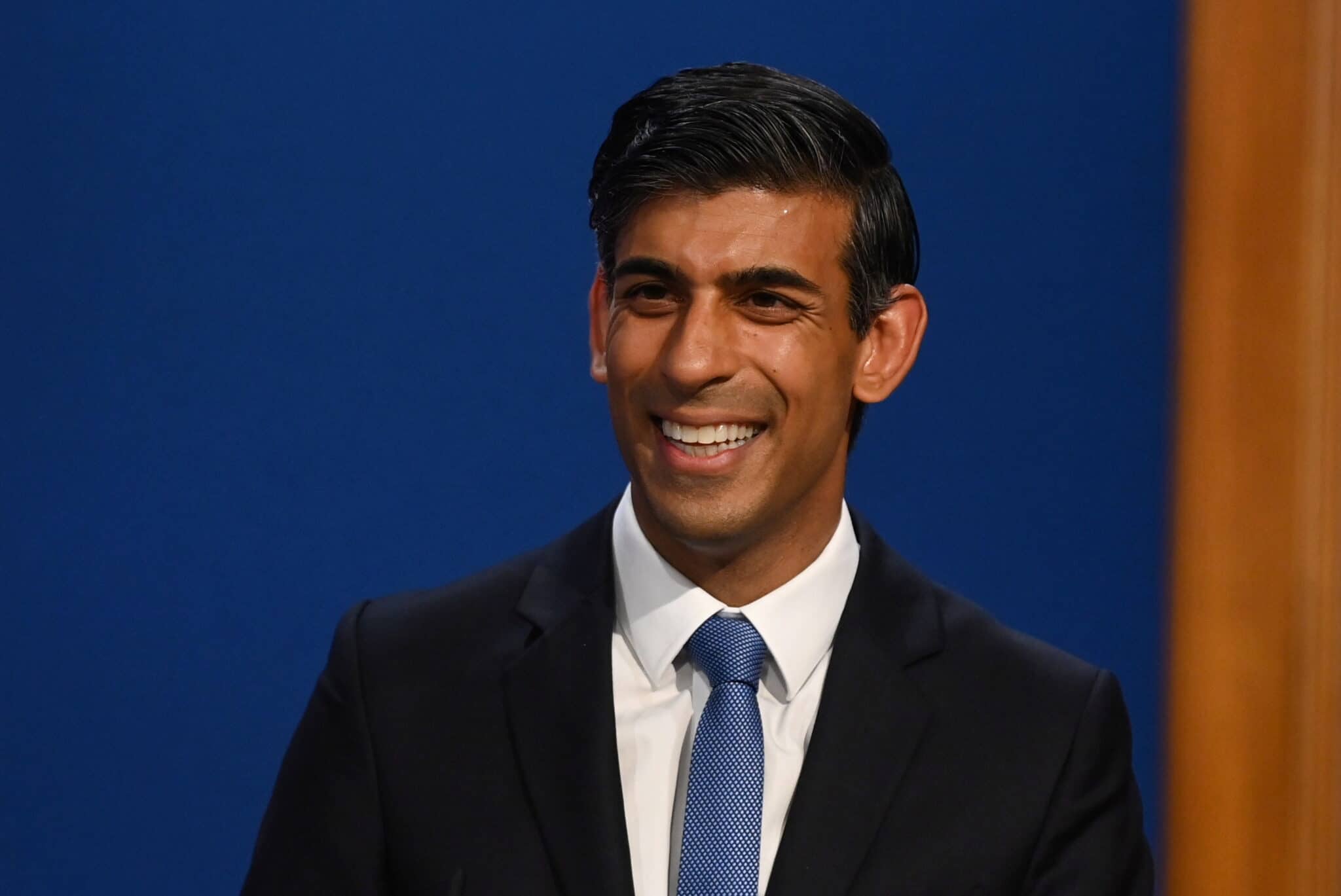
Rishi Sunak. (Toby Melville-WPA Pool/Getty)
Rishi Sunak is among the favourites to win the Conservative leadership, but his track record on LGBTQ+ issues isn’t exactly stellar.
Ahead of launching his campaign, an “ally” of the former chancellor of the exchequer told the Mail on Sunday that he will reverse “recent trends to erase women via the use of clumsy, gender-neutral language” if he wins the Tory leadership.
The ally was quoted as saying: “He believes we must be able to call a mother a mother and talk about breastfeeding, alongside trans-inclusive language where needed.” Sunak is said to be considering banning trans women from women’s sport in the name of “fairness”.
Speaking during a Mumsnet Q&A in April, Sunak said trans people should be “respected” but added that biology is “important” and “fundamental” when it comes to toilets and sports.
4. Liz Truss
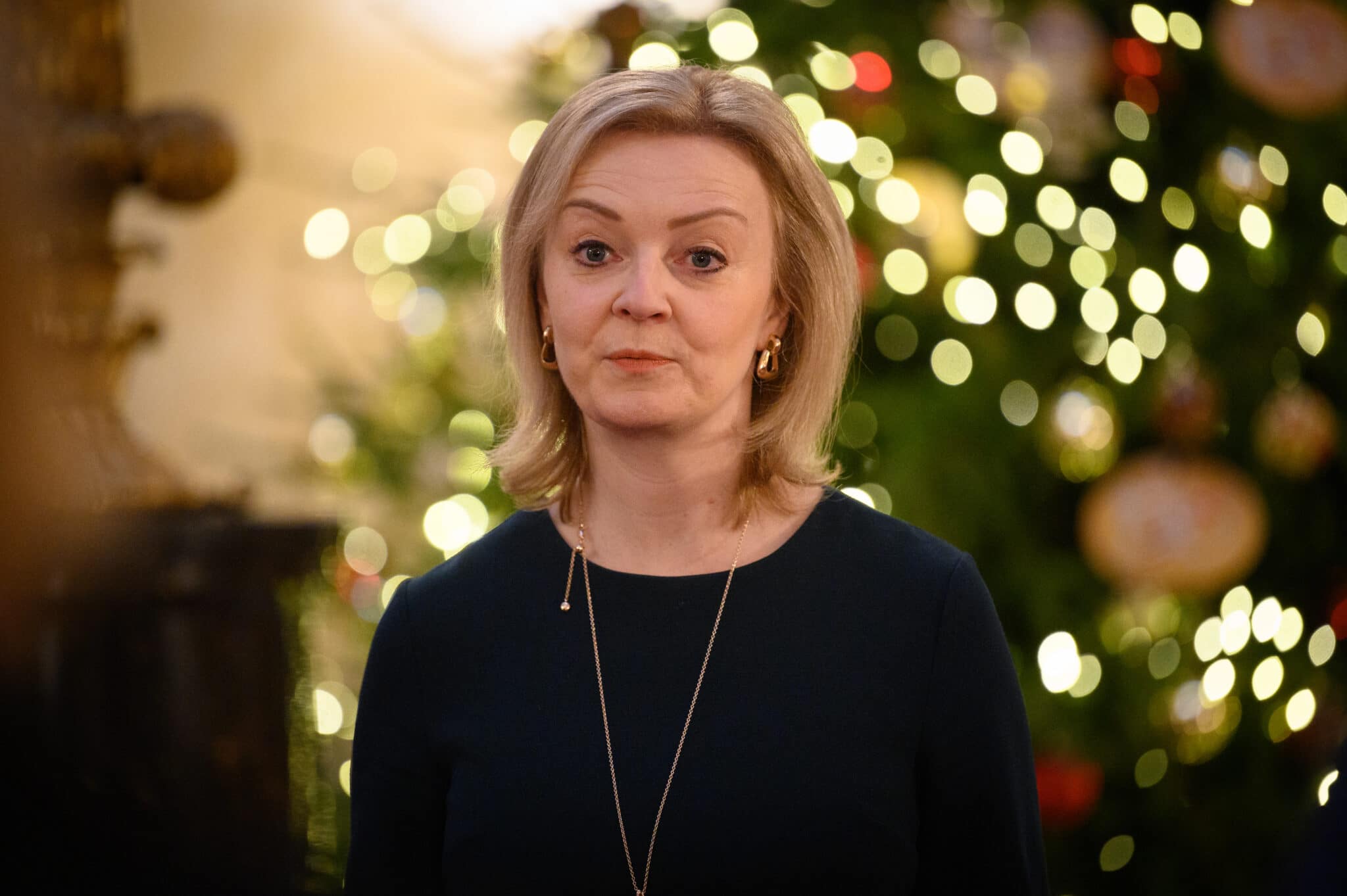
Liz Truss, the UK’s minister for women and equalities. (Leon Neal/Getty)
Liz Truss is just one of the senior Conservatives whose name has been repeatedly floated as a potential successor to Boris Johnson in recent months.
Truss, who serves as foreign secretary and as minister for women and equalities, is seen as popular in the Conservative Party, but she will likely have less support among LGBTQ+ people.
During her time in the equalities office, Truss has repeatedly hit out at “identity politics”, saying nobody wants to be a “token gay person” in a working environment – but perhaps her biggest failure lies in reforming the Gender Recognition Act (GRA).
In September 2020, Truss announced that she would not introduce self-identification for trans people. If adopted, it would have allowed trans people to change their legal gender without a diagnosis of gender dysphoria and without answering invasive questions about their bodies and their identity.
Truss abandoned those reforms despite a public consultation conducted under Mordaunt’s leadership which showed strong support for change.
There was also the fallout surrounding the disbandment of the LGBT Advisory Panel and her abject failure to ban all conversion therapy, despite repeated promises that she would do so.

